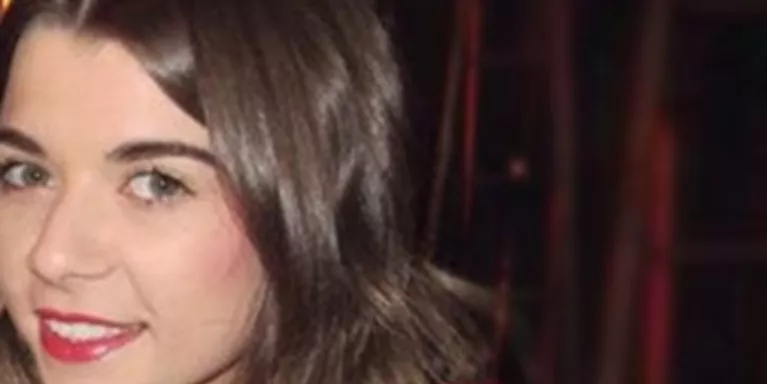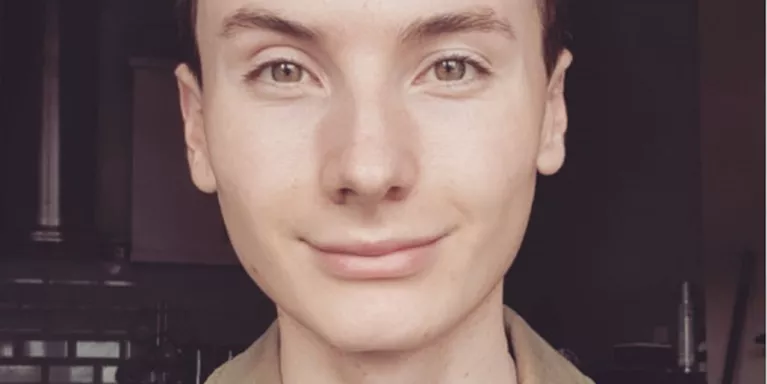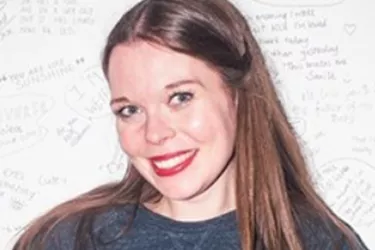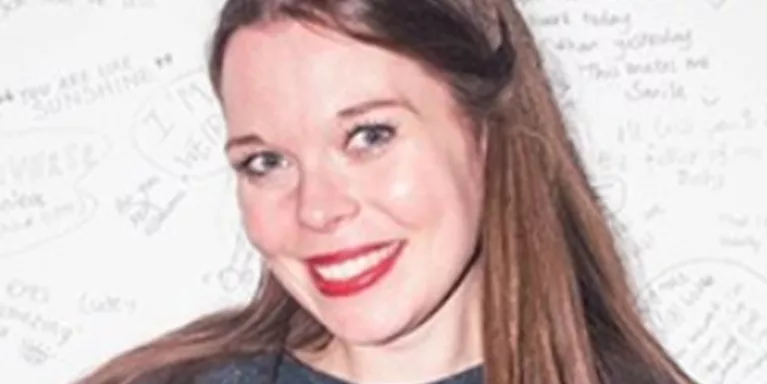A young man coping with bulimia: my experience
Craig shares his experience of coping with bulimia.
"How do you explain to someone that you don't feel right? How do you explain a mental health problem to someone when you are unsure if you really have one yourself?"
This was how I was feeling during my adolescent years. I always felt as though there was a missing piece of jigsaw inside me. I was a child whose own Father had walked out, never to be seen again. Was this a trigger? But that was when I was three and here I was at twelve feeling that the only way I could begin to put that jigsaw together was through an eating disorder.
Was the fact that I was now self-harming in a way making up for what I believed was just me not feeling right for years, mentally? These were important years and I didn't have my biological father there to guild me, was this finally taking its toll on me? I needed and wanted to escape the feeling of being rejected as a baby, but I didn't understand the full concept of that until I was much older, my way of doing so was to become a young man coping and learning how to deal with bulimia.
To the outside world I was a happy child, but if you were to look back now you would say that I was also very needy. I liked to be liked, we all do, but rejection was hard for me to handle. If I felt rejected then my bulimia would increase, if I felt worthless then the intrusive thoughts in later years would increase and then stabilise, to the point of me wanting to get my own back on my pain by secretly continuing with my bulimia. My body and mind felt trapped in a viscous circle of destruction.
When I was a young man and experiencing an eating disorder, I learned to stay in control of when, where and how often I would fall into my dark moments. But keeping my eating disorder secret had an adverse effect on my mental state, so something had to give and for me that led to me becoming more depressed and having intrusive thoughts about ending my life.
One day those thoughts all became too much and after spending time in a mental health hospital, I decided that I had to change. I had to remember what I had around me and not what was taken away from me, and that I had the love of my family. My other love was music and for me listening to music in hospital made me learn to really listen to it. In a place with complete chaos at times I would take myself off to my room, play music and forget the world. I'd remind myself that the one person who could really help me become well again was me. Instead of wanting love from a person who clearly didn't want to give it to me, I learned to channel the love I wanted myself.
Things for me are now different, I turn all my past lived experience into being a mental health nurse and, understanding what it is like to become suffocated in your own deep thoughts, I help others who are going through something similar.
Eating disorders in men, just like depression, should not be a taboo subject. I hope that by raising awareness, others will be encouraged to seek professional help too. After all, if we really care for or friends and family then we should learn to read between the lines and see when they need help too.
It’s not that easy I know but when you're experiencing a mental health problem you want those people to understand what you are going through before you can begin to find that road to recovery. It is a hard one, but acceptance of mental health really can be that simple.
Eating disorders can feel like they're taking over your life, but there is support available. Take a look at our information on eating problems for self-care tips, to see what kind of treatments are available and what organisations can help.


Information and support
When you’re living with a mental health problem, or supporting someone who is, having access to the right information - about a condition, treatment options, or practical issues - is vital. Visit our information pages to find out more.
Share your story with others
Blogs and stories can show that people with mental health problems are cared about, understood and listened to. We can use it to challenge the status quo and change attitudes.

















